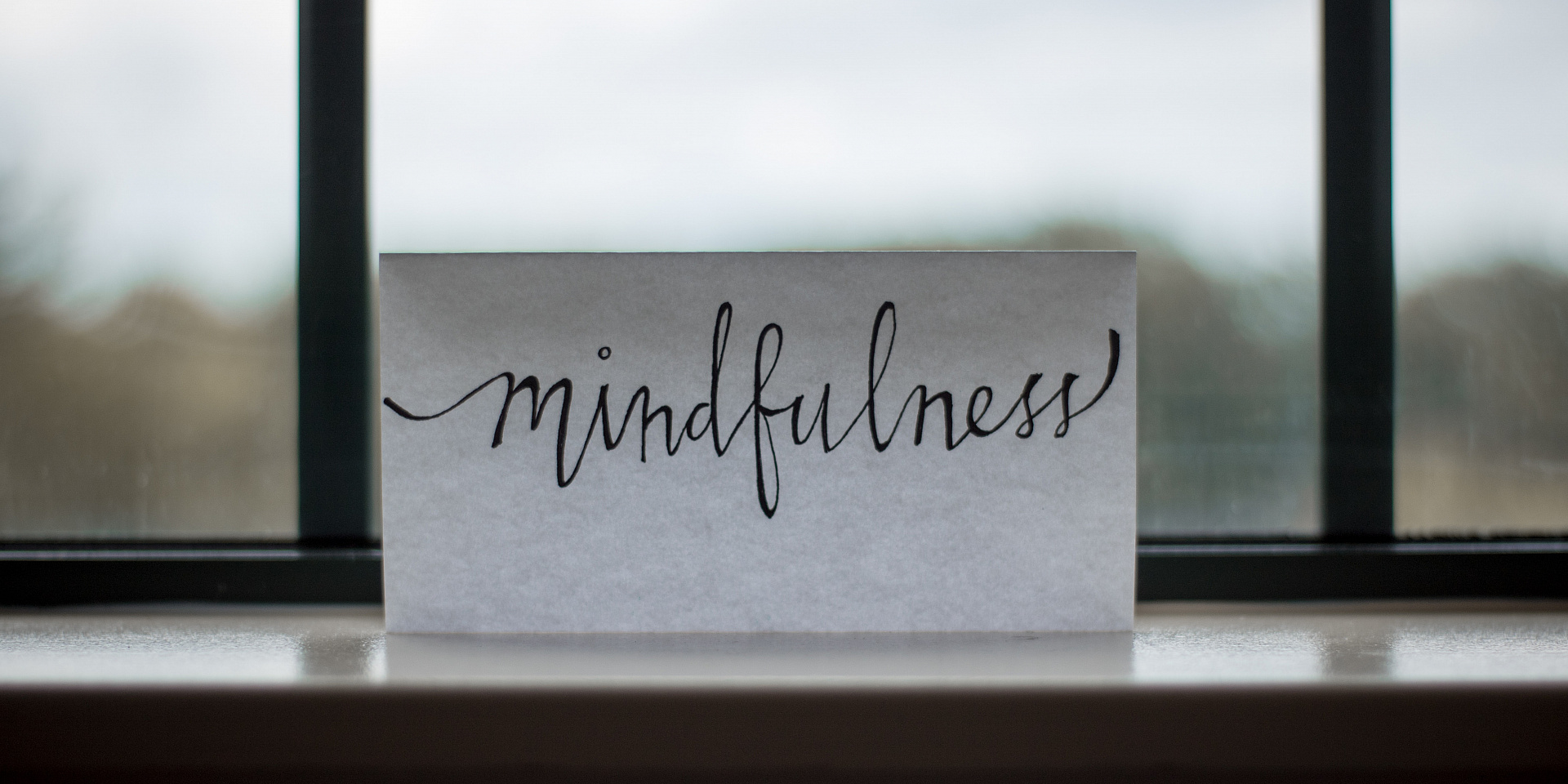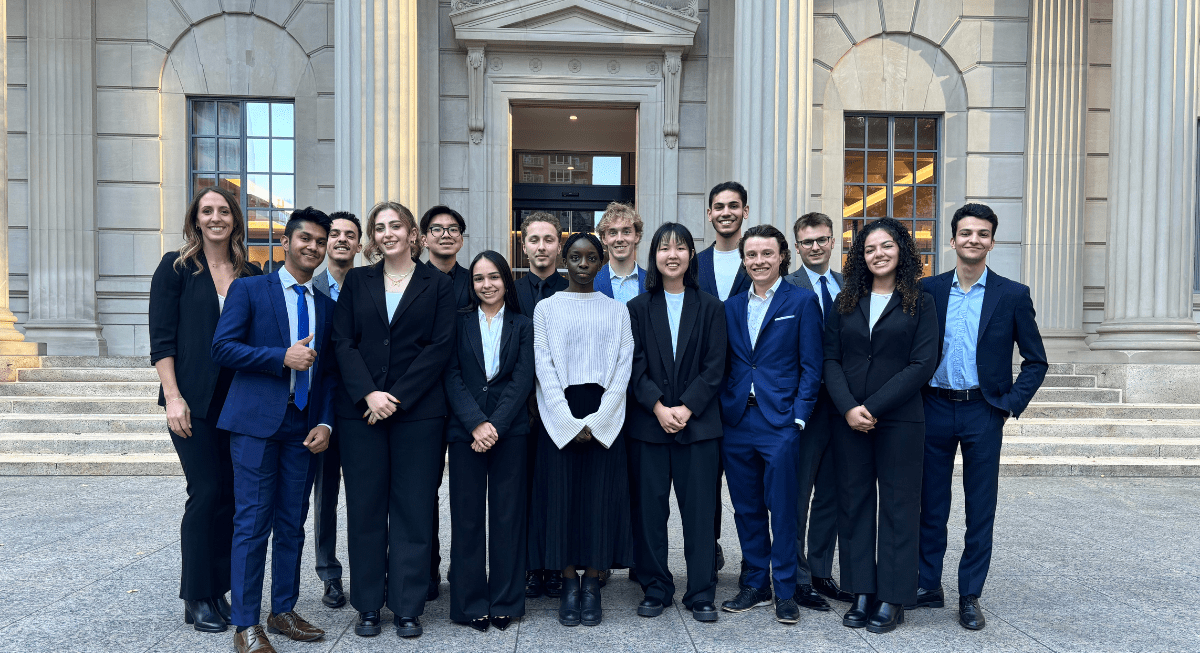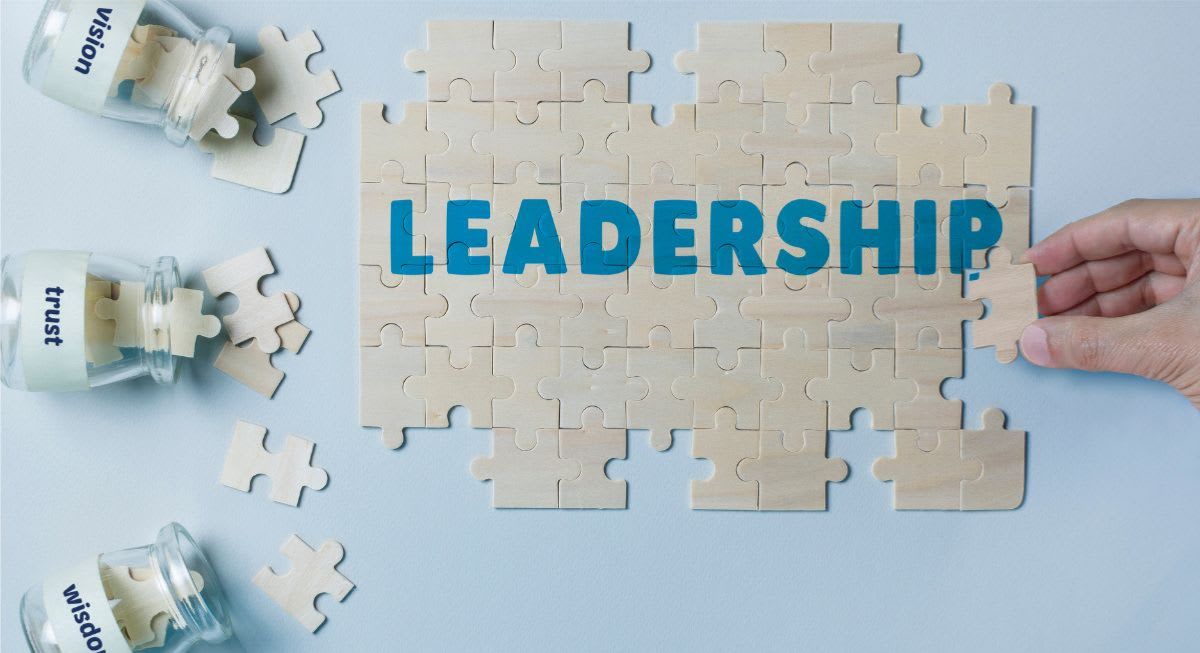
by Shirley Mach
4th-Year Student in Finance
Job-hunting stress and professional burnouts are real and can seriously undermine your psychological and physical wellbeing. Often, the pressure we experience at work (or looking for employment) becomes overwhelming, leading us to feel powerless. To regain a sense of control, we need all the tools that we can get to properly manage our stress. Here is how you can make mindfulness your most powerful tool in stress management.
What is mindfulness?
First, let us examine what mindfulness is. The Oxford Mindfulness Centre defines it as a “moment-to-moment awareness of one’s experience, without judgement.” It involves focusing exclusively on the present, redirecting our focus, and avoiding distractions. The state of mindfulness makes you aware of your thoughts, emotions, and actions, without getting you all caught up in them. Here are 4 key mindfulness practices for you to try that will help you manage your stress better.
Get comfortable
To begin, find somewhere quiet and comfortable as you enter your mindfulness journey. Take this moment to focus on your breathing, redirect your focus, and avoid distractions. By focusing on your breathing, you are improving your mind-body connection, which will ultimately help to reduce stress levels, regulate your body’s reactions, and increase overall awareness.
Observe your thoughts, feelings, and environment
Once you have gotten comfortably set up, you will experience a growing sense of awareness of your thoughts, feelings, and environment. Be patient and take the time to identify your stressors (e.g., career, personal, upcoming exams, etc.). As you acknowledge these stressors, slowly redirect your attention to the present and you will come to find that there is a lot of information that can be gathered for further guidance.
Accept Your Feelings
As you continue your mindfulness journey, learn to accept your feelings and embrace them. Remember, a part of being mindful is to not judge yourself. These feelings do not define you, and as long as you are aware of them, you can decide how to act.
Although it may seem simple, it is important to note that it can take some time to incorporate mindfulness into your routine. With practice, you will come to achieve a number of the long-lasting benefits. Check out the following resources for more information on how you can make mindfulness your most powerful tool:
Resource:











